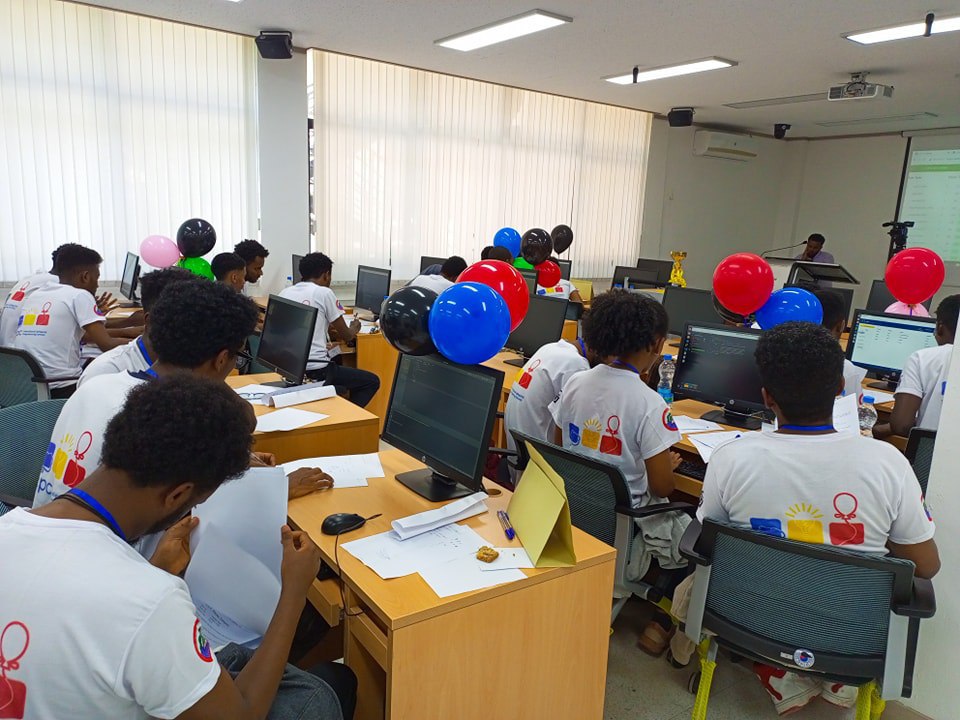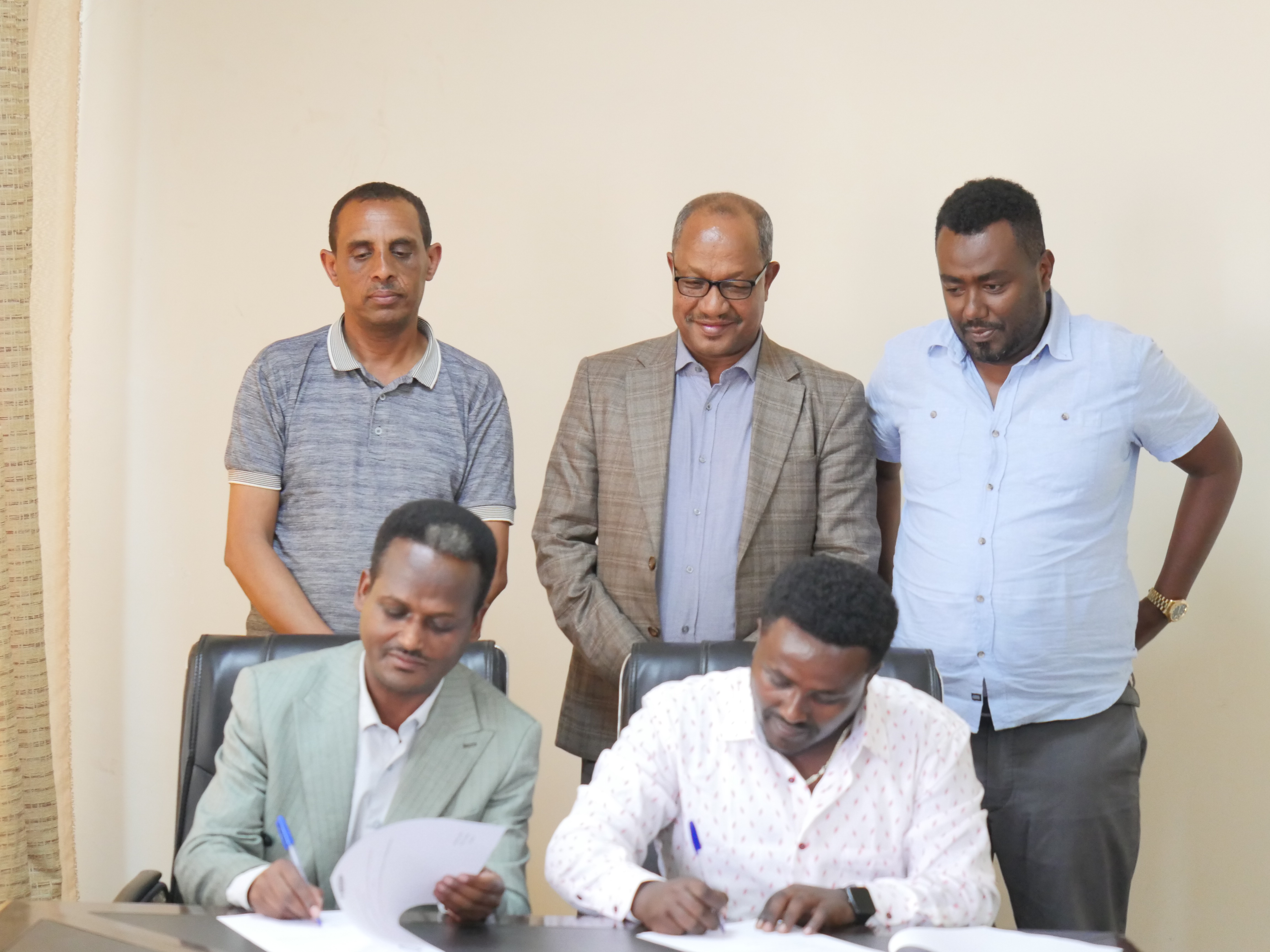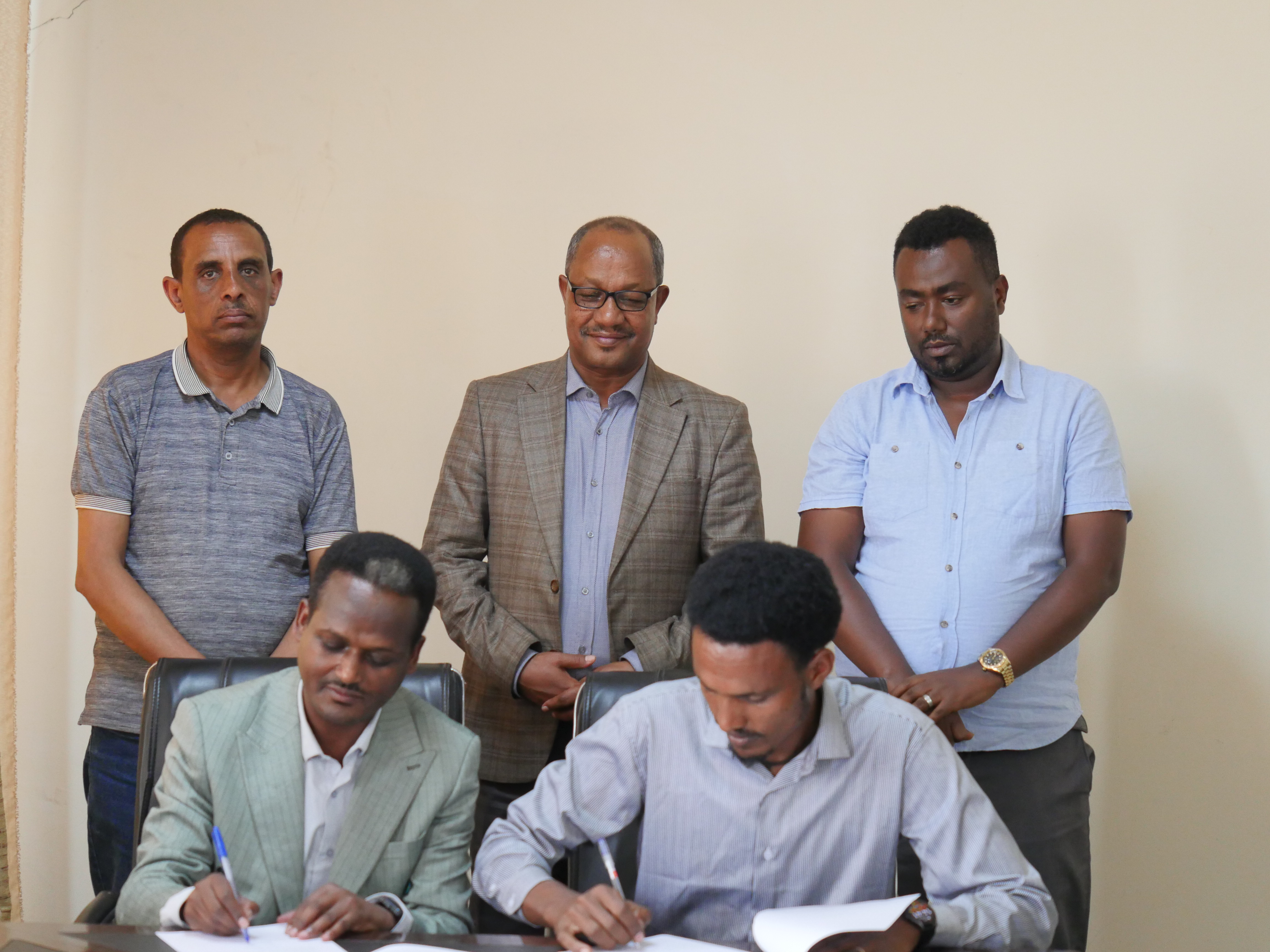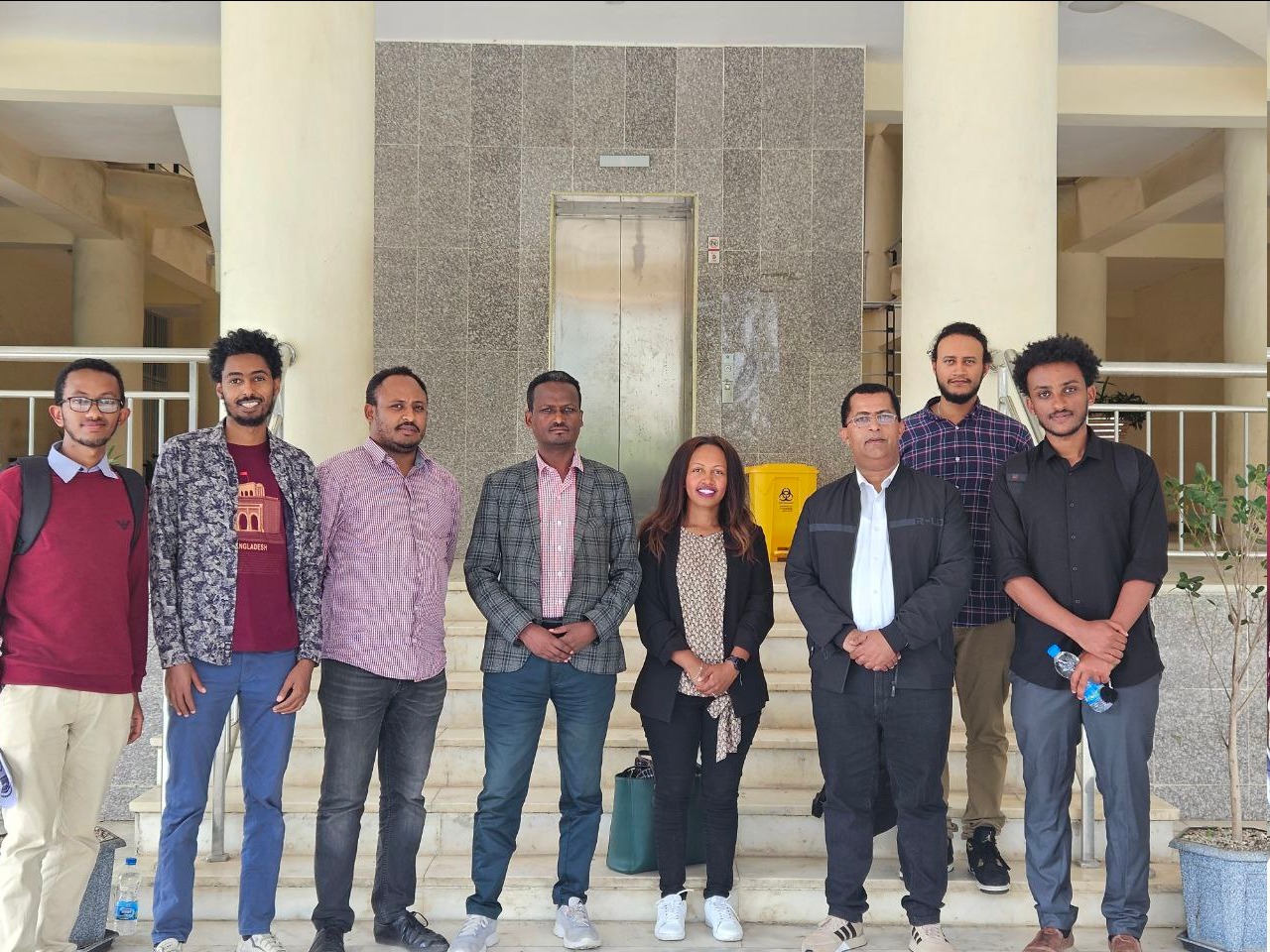Article Index
Page 3 of 12
Rationale of the Program
Electrical Power and Control Engineering is a cornerstone discipline in the transition toward sustainable development and industrial modernization. Ethiopia is undergoing a massive transformation in its energy and industrial sectors, and this program responds directly to that demand.
Why this Program Matters
- National Energy Growth: Ethiopia’s investment in hydro, solar, and wind energy requires highly skilled engineers to design, operate, and maintain advanced power systems.
- Industrial Automation: As industries modernize, control systems become central to productivity, reliability, and safety. EPCE graduates will lead in designing and managing such systems.
- Global Alignment: With global trends moving toward smart grids, renewable integration, and Industry 4.0, the curriculum ensures students remain relevant and competitive internationally.
- Academic Responsibility: To minimize the gap between technological advancements and education, the curriculum undergoes continuous review and aligns with ABET standards.
Key Features of the Program
- Comprehensive Curriculum – Balanced coverage of electrical power, machines, electronics, and control systems with strong theoretical and practical foundations.
- Hands-On Laboratory Training – Access to specialized labs, including Power Systems, High Voltage, Control Systems, and Renewable Energy, ensuring real-world skills.
- Alignment with Global Standards – Curriculum benchmarked against ABET and international engineering standards, ensuring competitiveness worldwide.
- Focus on Renewable Energy & Sustainability – Emphasis on modern energy technologies such as solar, wind, and smart grids to address Ethiopia’s growing energy needs.
- Technology-Integrated Learning – Computer-aided design, simulation tools, and automation software incorporated into coursework and projects.
- Industry-Relevant Exposure – Summer internships, industrial attachments, and project-based learning that connect students with real-world challenges.
- Versatile Career Pathways – Preparation for careers in power generation, transmission and distribution, industrial automation, research, and consulting.
- Future-Oriented Training – Strong foundation for postgraduate studies, innovation, and entrepreneurship in energy and automation sectors
This approach ensures that graduates are not only versatile professionals but also future-ready innovators, capable of solving Ethiopia’s pressing energy challenges and supporting sustainable industrial growth.










